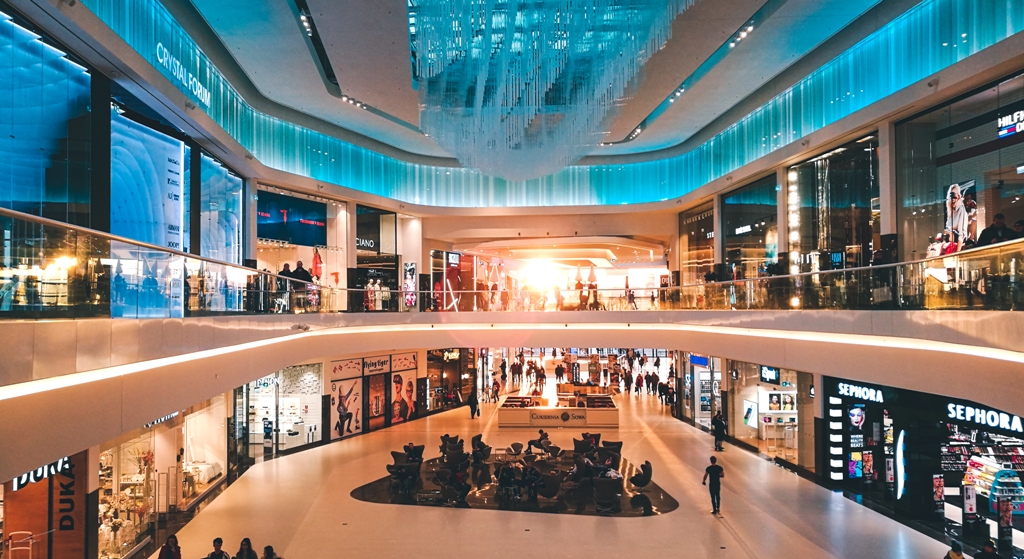
By Leanne Watson
According to an article by the World Economic Forum, one of the largest effects of the pandemic, in relation to businesses, is the amplification of existing trends and vulnerabilities. In the past few years, businesses had been adopting a significant number of technologies to improve their operations, and the post-pandemic world will rely on these innovations even more. This reality is only one of the many different ways the ongoing crisis is revolutionizing industries — including retail.
Here are some of the changes that will likely happen within the retail industry as a consequence of the pandemic:
Greater focus on wellness
Without a doubt, a health crisis as big and as extensive as the pandemic will drive the spotlight to health and safety regulations that brands implement. These directives are there to safeguard not just the clients but also the employees. Taking better care of your employees can be done in a myriad of ways. For instance, you can implement rules that ensure physical distancing and mask-wearing, and control the number of customers at any given time. You may also want to introduce self-service options and contactless transactions.
However, it is important to note that company wellness goes beyond just making sure that sanitation stations are available and that friction points are limited. As revealed in a compilation of successful wellness programs by Sheena Bergado of Pain Free Working, wellness can also be encouraged through the introduction of bonuses for self-care activities, improved and carefully designed employee spaces, rewards for physical activities, and educational programs. These practices may not be outrightly dedicated to your customers, but they are sure to make your employees feel more at ease and help clients see your brand in a better light.
Improved in-store experience
Despite the dwindling number of new infections, many still hesitate to visit public places. This makes it imperative for retailers to refocus their efforts on building better in-store experiences. As Harvard Business Review explained, retailers have to give people reason to visit their shops.
The first thing to consider is the service you provide. These days, service is no longer limited to just generic efforts such as greeting customers, handling complaints, and managing returns and special requests. You can follow the example of Best Buy, which introduced an advisor program that allows customers to get free in-house consultations about the products they should buy and how they should be installed. Such an approach will not only give people enough reason to visit your shop but also establish you are a trustworthy and more personal brand.
Greater focus on wellness and improved in-store shopping experience are only some of the changes that will likely happen to retail businesses in the coming months. To ensure that your business is able to keep up with these changes, consider hiring top sales associates. As we have previously discussed in our post ‘Retail Needs Top Sales Associates, Now More Than Ever’, these kinds of professionals will not only help you transition into the digital space but also aid you in adjusting to the emerging retail trends. These trends can include intentional and personalized shopping as well as curbside pickup and online purchases.
To learn more about how AllWork can help you manage your flexible or freelance retail staff, email info@allworkfornow.com or visit www.allworknow.com

